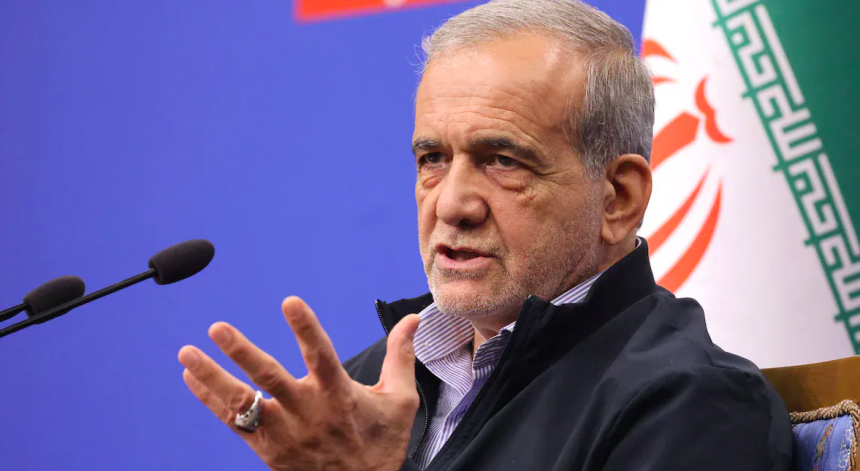Iran’s First Vice President Mohammadreza Aref has said that Tehran could engage in direct nuclear negotiations with the United States if “suitable conditions” are met, state media reported on Tuesday. His remarks mark the latest shift in tone from the Iranian leadership amid heightened tensions following the suspension of nuclear talks earlier this year.
Aref dismissed U.S. calls for Iran to completely halt uranium enrichment as “a joke,” reiterating Tehran’s position that enrichment is a sovereign right under the Nuclear Non-Proliferation Treaty (NPT). “Iran is ready for negotiations under equal conditions in order to safeguard its interests,” Aref said, adding that direct talks would be possible if they reflect the will of the Iranian people.
Nuclear negotiations between Iran and the U.S., which began indirectly in April through Omani mediation, were derailed in June after Israeli and American strikes targeted Iranian nuclear facilities. Washington maintains that uranium enrichment provides Tehran with a potential pathway to nuclear weapons a charge Iran has consistently rejected, insisting its program is purely for civilian energy purposes.
The debate over resuming talks has sparked contrasting opinions within Iran’s political elite. On Sunday, President Masoud Pezeshkian publicly backed the idea of restarting dialogue with Washington, regardless of the “current levels of distrust” between the two nations. “You don’t want to talk? Well then, what do you want to do? Do you want to go to war? … Going to talks does not mean we intend to surrender,” Pezeshkian said, urging that such sensitive matters should be handled pragmatically rather than emotionally.
However, his comments drew swift pushback from within the Iranian establishment. Aziz Ghazanfari, a senior commander of the Islamic Revolutionary Guard Corps, cautioned that foreign policy demands discretion, warning that “careless statements” by senior officials could have serious repercussions for the country.
The interplay between diplomatic pragmatism and hardline caution reflects the broader internal struggle over Iran’s foreign policy direction. While the door to direct talks with Washington may be slightly ajar, it remains to be seen whether both sides can overcome entrenched mistrust and bridge their substantial differences over Iran’s nuclear ambitions.

